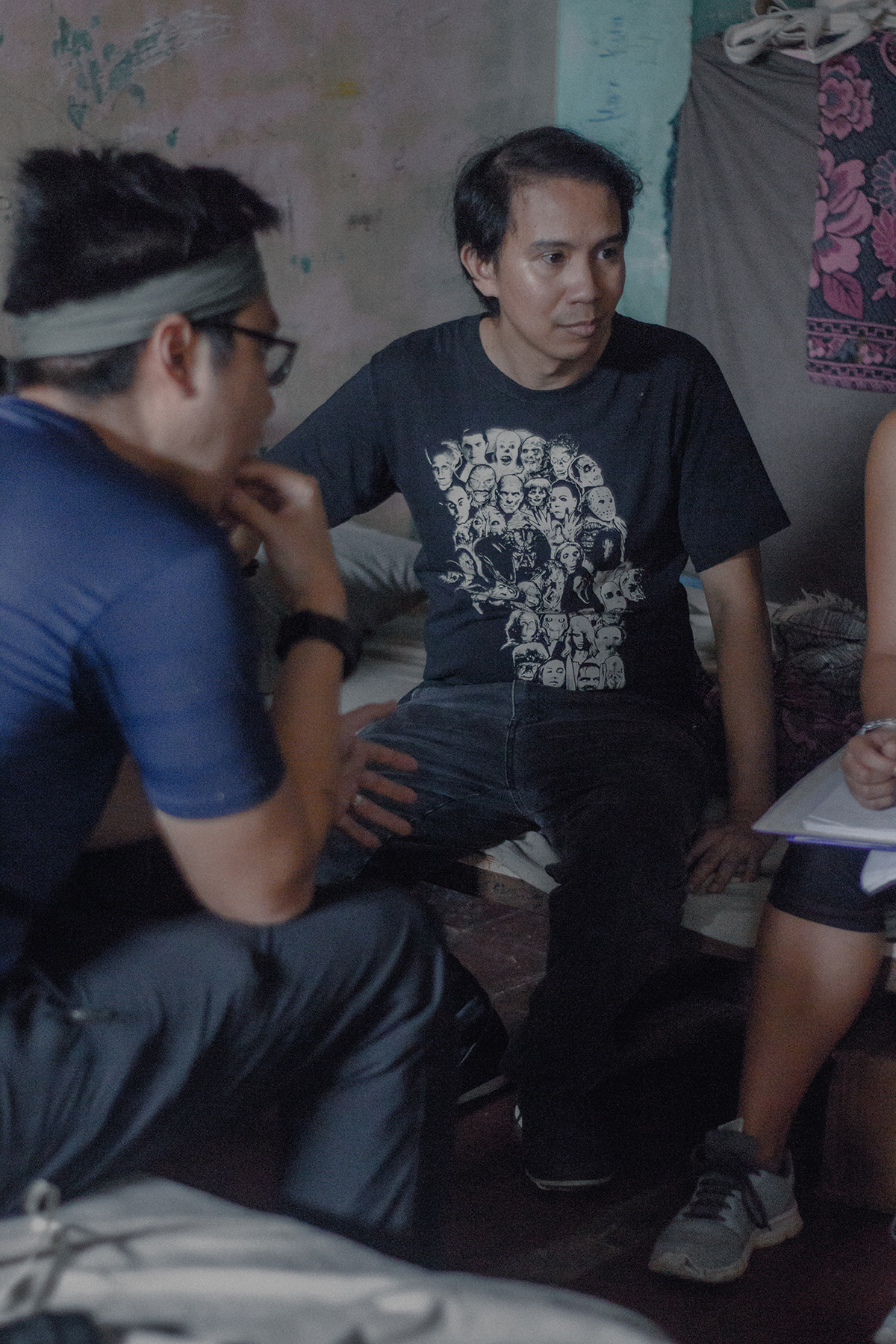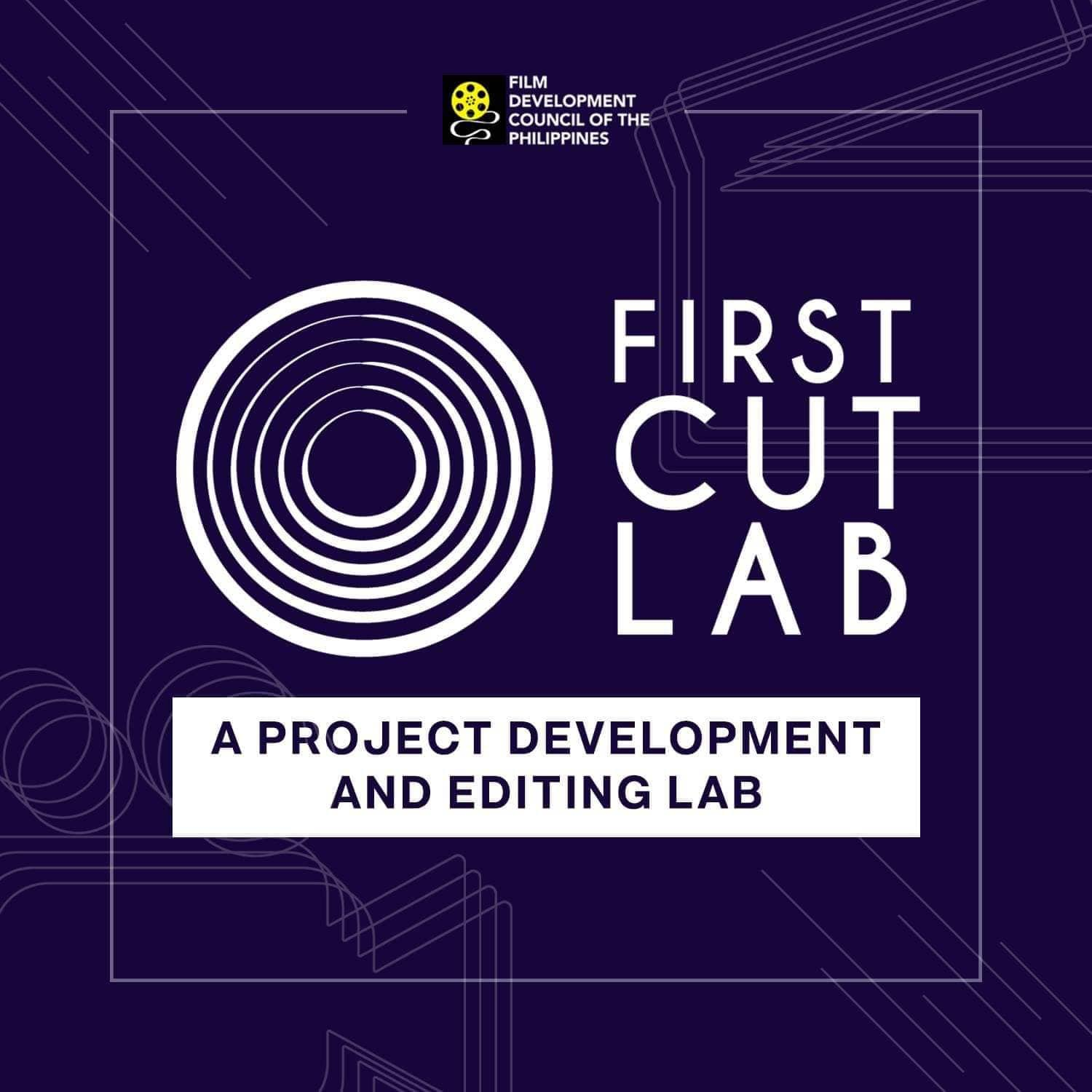‘Liway’ director welcomes criticism, debates, discourse
In light of the Armed Forces of the Philippines (AFP) reports alleging that the Communist Party of the Philippines is using school screenings of Martial Law films to recruit members and in effect, overthrow the government, the makers of the movie “Liway” have joined their peers in the industry to deny such claims and reiterate the freedom of expression.

“Liway” co-writer and director Kip Oebanda was among 300-plus movie industry workers who have signed a press statement against the military allegations, and among 20 artists who recently gathered in front of the UP Cinema Adarna to also deny the AFP’s claims.
“The story being peddled by the AFP is not true,” said Oebanda.
His latest film is set during Martial Law and is based on his childhood experiences growing up in Camp Delgado in Iloilo City where his parents were imprisoned for their political beliefs. “Liway” tells the true story of a mother (played by actress Glaiza de Castro) who uses the power of stories and songs to protect her son from the harsh realities of the outside world.
It premiered at the 2018 Cinemalaya Philippine Independent Film Festival where it played to SRO crowds and received standing ovations. It also emerged as the highest-grossing film in Cinemalaya’s 14-year history and won Audience Choice, Special Jury Commendation, and a Special Jury Citation for child actor Kenken Nuyad. After Cinemalaya, “Liway” had special screenings in some schools and microcinemas. The movie begins its commercial theatrical run on October 10.
In a message posted on the Liway Facebook page, Oebanda and his team vehemently denied any participation in any communist-related or destabilization initiative, saying “It is not true that ‘Liway’ is part of the Red October plot. It premiered in August, for one. It makes no sense to recruit publicly for groups that government branded as terrorists.”
In fact, “Liway” is an old screenplay of Oebanda’s and since the film’s unveiling at Cinemalaya, the director has maintained that his intent is to document his family’s story. He said, “My family’s sacrifice will not be erased, no matter how rich and powerful the forces of injustice become. My weapon is the truth and my tool is cinema.”
Oebanda upheld that, contrary to what the authorities may have perceived, “Liway” is “very apolitical.” He stated, “We don’t call out current politicians. We only talked about a real incident that happened during that time (Martial Law). And we don’t even mention any political figures in the film.”
What the film seeks to do, said Oebanda, is to serve as a platform for discussion. “Just because you tell a certain reality doesn’t mean you’re brainwashing people to believe that reality,” he argued.
“Ang point lang namin ay ipakita ang totoo. Kung may mag-disagree o agree sa pelikula namin, okay lang ‘yun. [Our point is to show the truth. If people disagree or agree with our film, that’s fine.] In fact, we welcome criticism, debates, discourse. That’s what democracy is all about.”
“Liway” is the fourth full-length feature of Oebanda; his previous films were “Tumbang Preso,” a film about human trafficking which was given a grade of “A” by the Cinema Evaluation Board; “Bar Boys,” a story about bar examinees which became the second highest-grossing film of the 2017 Pista ng Pelikulang Pilipino; and “Nay,” an allegory on the war on drugs which competed at the Cinema One Originals 2018.

A staunch supporter of local independent cinema, Oebanda has always believed in the moving art form to facilitate the emergence of different points of view. “Gan’un naman ang purpose ng pelikula, [That is the purpose of cinema,]” he said. “It doesn’t teach you what to think. It teaches you what to think about, and that’s what we want to provide in the discourse of the film.”

